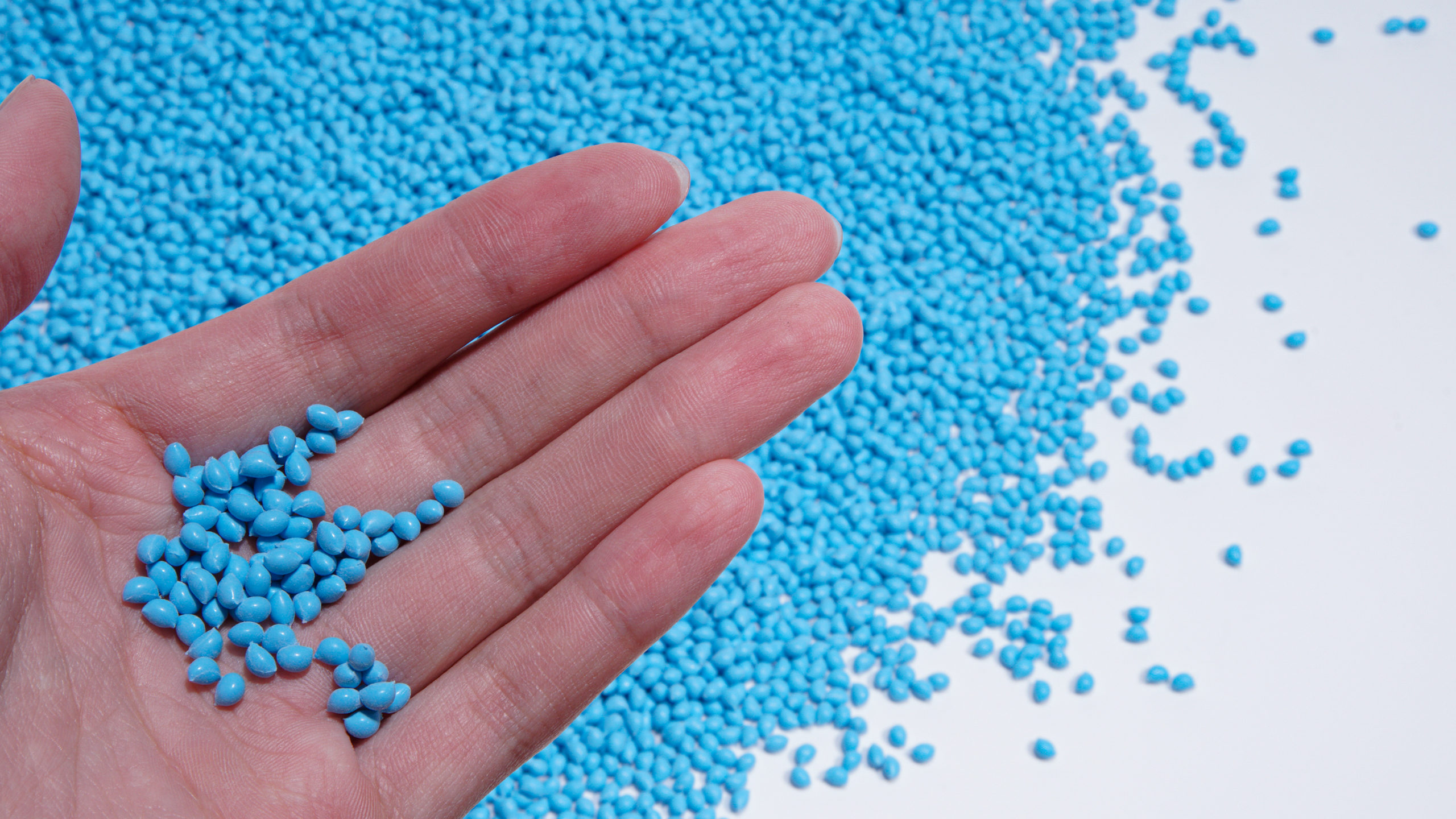
The term “medical-grade material” includes materials that can meet the requirements for national and international regulations such as EU Regulation 2017/745 (MDR) or ISO 10993 or FDA regulations or USP Class VI requirements.
ISO10993 sets a series of standards for evaluating the biocompatibility of medical devices to manage biological risk. The United States Pharmacopeia (USP) sets standards for quality, purity, strength and consistency for pharmaceutical and bio-technology industries. These USP Standards are published in the US Pharmacopeia and the National Formulary (USP NF).
The USP defines six plastics classes, from I to VI (VI remaining the strictest). Consequently, several plastics manufacturers find it beneficial to have their plastic resins certified as USP Class VI, particularly if the resin is a candidate to be used in medical devices. The USP plastic tests are frequently done on unmolded plastic resins or pellets. A plastic resin or polymer material must exhibit a very low level of toxicity by passing all of the tests requirements. Compliance to USP Class VI is often requested by end users, because the plastic resin or polymer material is expected to be more likely to produce favorable biocompatibility results for the end products.
USP Class VI Plastic Tests are designed to evaluate the biological reactivity of various types of plastics materials in vivo. They were originally developed to test drug containers, but now are also applied to many polymers that are intended to be used in medical devices. There are three in vivo tests included in the classification of plastics. The Systemic Injection Test and the Intracutaneous Test are designed to control the systemic and local biological responses to plastics and other polymers by the single-dose injection of specific extracts made from a sample. The third test, the Implantation Test, is designed to assess the reaction of living tissue to a test material.
The tests involved with USP Class VI have some similarities and cross-over to ISO 10993. USP Class VI Plastic testing is commonly used by manufacturers to classify materials, but it is not a replacement for ISO10993 biocompatibility testing. While it is possible a USP Class VI material could also be ISO 10993 compliant, it is not a given. USP Class VI alone is not sufficient for adherence to ISO 10993. That being said, if you cannot get an ISO 10993 compliant material, using a USP Class VI material is a less risky option.
Thermoplastic polyurethane (TPU) is well known and specified in the medical industry for medical devices and healthcare products, due to its excellent mechanical properties and biocompatibilities. All TPU supplied by ICP DAS – BMP meet the requirements of USP Class VI classification, and certain tests under ISO10993 were performed, such as MEM Elution (ISO 10993-5), and both skin irritation and sensitization (ISO 10993-10) tests. For your benefit, choose ICP DAS – BMP to reduce your biocompatibility concerns for your medical devices.